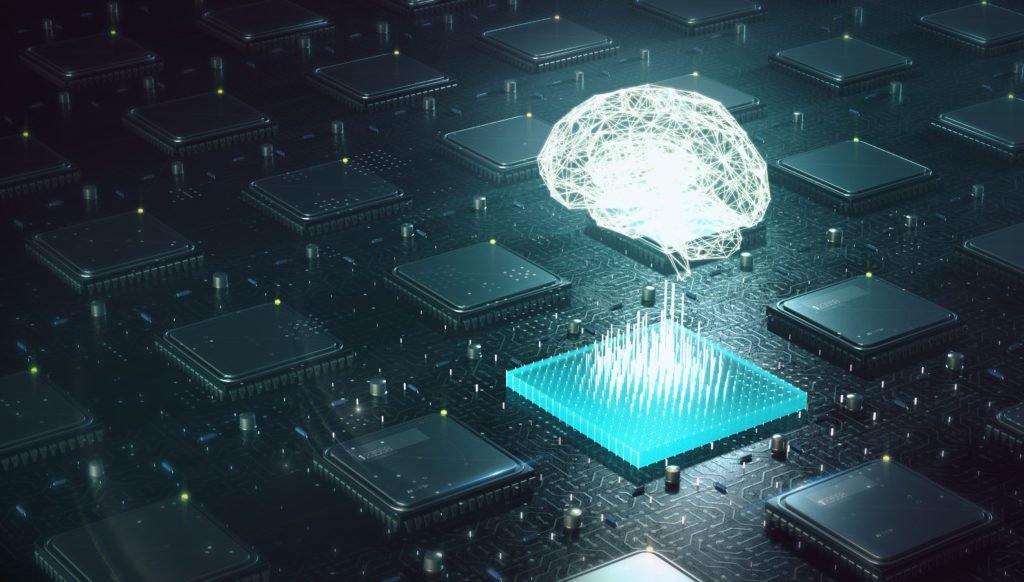Last updated on October 12th, 2022 at 06:59 am
Today, technology and sustainability are the main axes of development. To secure the planet and continue the growth of industry, we are engaged in a global energy transition. Most countries have become aware that measures must be taken to address a problem that, if not curbed, will have catastrophic consequences for the environment and, of course, for human beings themselves.
However, such a transformation requires the support of technology and, because of the enormous amount of data, artificial intelligence and machine learning courses are the basis to ensure the advancement of the energy sector. At Imarticus you can join the postgraduate program in data analytics & machine learning (AIML).
Technology as a tool
Changing the energy paradigm of the last century will be an arduous and complicated task. That is why new technologies have a lot to say as tools to facilitate evolution. The Internet of Things, machine learning, artificial intelligence, and Big Data will be key to making the processes of change as effective as possible. Massive data analysis must become a fundamental pillar for transforming how energy is generated, transmitted, and distributed.
Artificial Intelligence allows us to handle enormous quantities and analyze them logically and reasonably. About energy, in particular, we have data on meteorology, health, or the behavior of the people involved in the system: who generates electricity, who transports and distributes it, and who consumes it.
Data that, when properly analyzed, can provide a tailor-made understanding of the sector. The development and implementation of intelligent systems must not only facilitate the massive introduction of alternative energy sources but will also have the task of achieving rationalized storage of this energy, as well as providing greater flexibility for the demand, i.e. the people who use it.
Three levels of analytics can be applied: descriptive, to know what information is available and where to apply intelligence, predictive analytics, to anticipate production or demand, and prescriptive analytics. With the data, we work on predicting production, including renewable energies and demand, with the implementation of smart meters. In addition, technical and non-technical incidents, such as energy fraud, are detected. All of this is aimed at optimising the energy model, with the resulting economic and environmental benefits. We will see a huge take-off in the number of professionals who will choose to pursue a machine learning career.
Tools for the consumer
In this scenario, smart meters and internet-enabled sensors will be commonplace, which will improve our energy use while at the same time making it possible to bring costs in line with what each individual actually consumes.
Thus, machine learning will automate processes, while artificial intelligence will make it possible for devices to work automatically and learn from consumers’ habits. This will also be possible on a large scale, so that the operation of future solar or wind power plants, to give just two examples, will be more effective in a shorter space of time.
In this respect, we should note that although everyone is involved in the energy transition and awareness must start in every household, the technology will be geared towards people having little to do in terms of reducing consumption and costs.
Artificial intelligence-based models and predictions facilitate and will continue to be a major advantage in mapping energy systems. What is most surprising is that this is just one of the many applications of these technologies. If you want to contribute to the change, you can sign up for AI and ML courses by E&ICT Academy, IIT Guwahati.

